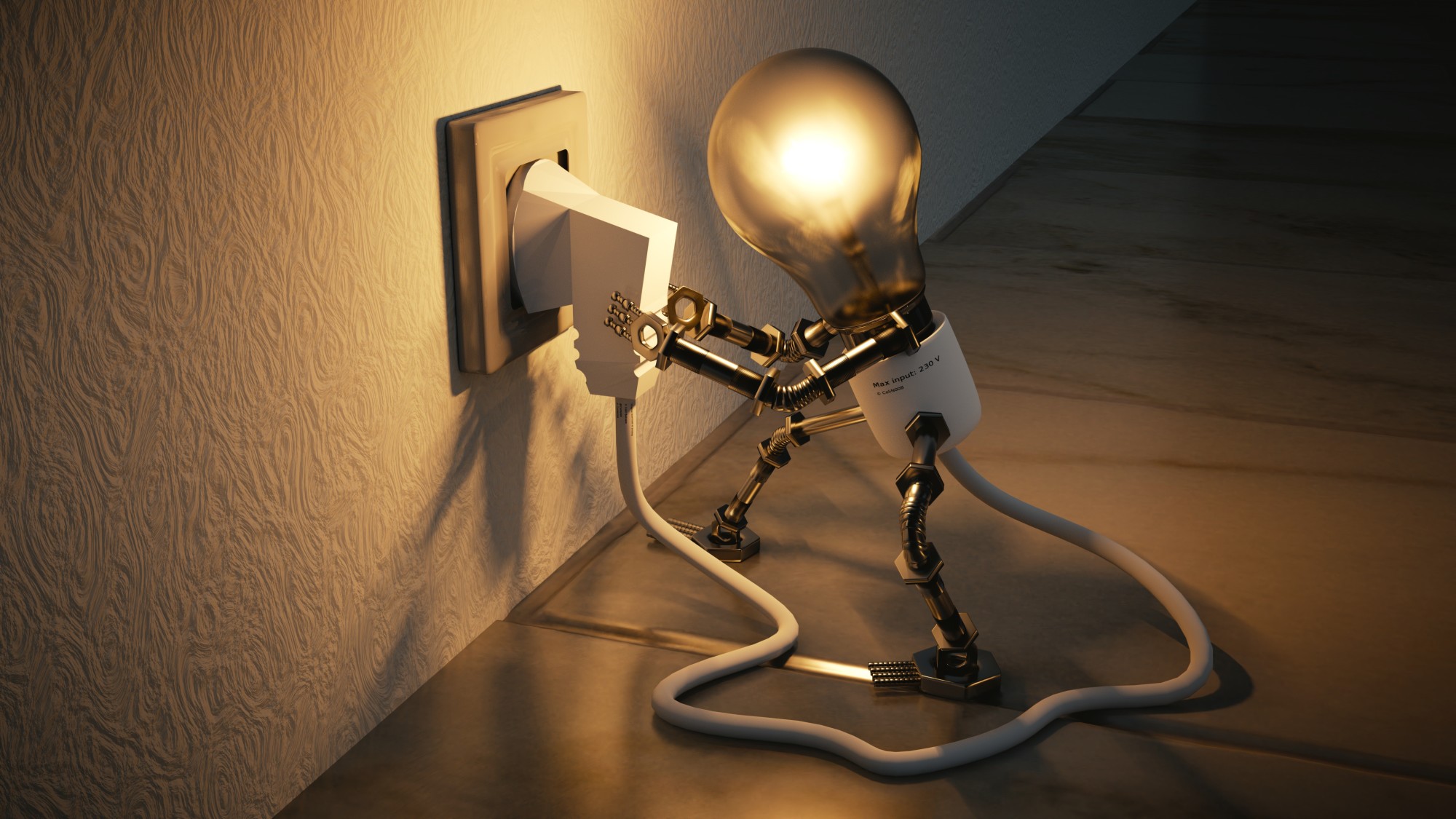Did you know that an average of 51,000 fires occur annually due to electrical problems in homes? These resulted in over 1,400 injuries, almost 500 deaths, and $1.3 billion in damage to property.
Electrical hazards can cause significant damage to your property and harm your loved ones. Electrical safety is crucial to keeping your home and loved ones safe. However, it can be challenging to know where to start. That's why it is essential to practice electrical safety at home.
Below, we will discuss three simple tips for practicing electrical safety at home.
1. Install Surge Protection
A power surge is one of the most significant risks associated with electrical safety at home. Power surges can occur when there is a sudden increase in the electrical current flowing through the wiring. This sudden increase can cause significant damage to the following:
- Your electrical devices
- Your electrical appliances
- Your home's electrical system
Installing surge protection to protect your home from these power surges is crucial. Surge protectors regulate the electrical current flowing through your wiring. They also protect your devices and appliances from sudden spikes.
In addition, they work by diverting excess electricity to the ground, ensuring safety from injury and damage to your property.
You can install surge protectors at the main electrical panel or use individual surge protectors for each device. Of course, it's always best to consult a professional electrician to determine your home's best surge protection solution.
2. Install Indoor and Outdoor Lighting Properly
Adequately installed lighting is essential for both indoor and outdoor spaces. However, it can pose a significant electrical safety risk if not installed correctly.
For indoor lighting, it's crucial to ensure that all fixtures are securely mounted. The wiring must also be correctly installed.
Regarding outdoor lighting, it's essential to use fixtures rated for outdoor use and installed by a professional electrician. Outdoor lighting must also be placed strategically to avoid electrical hazards like contact with water or power lines.
3. Practice Safe Habits with Electrical Appliances
Safe habits with electrical appliances are essential to prevent electrical fires and other hazards. Here are a few tips to keep in mind:
- Always unplug appliances when they're not in use
- Don't use electrical appliances near water or in damp areas
- Don't use damaged or frayed cords or plugs—replace them immediately
- Keep devices away from flammable materials, such as curtains or blankets
- Don't insert metal objects into electrical outlets or appliances
- Teach children about electrical safety and supervise them when they're using electrical devices
Following these tips for electrical safety in the home can help prevent electrical hazards. You will also know that your family is safe.
Practice Electrical Safety at Home and Be Safe!
Taking some basic precautions can make your home safer and more secure against electrical threats. In addition, electrical safety at home protects your family from electrical hazards.
Remember, if you're experiencing electrical problems like flickering lights or faulty outlets, it's best to leave the job to a professional electrical company.
If you need help with any electrical issues at home in South West Florida and surrounding areas, don't hesitate to contact us. Visit our website to learn more about our services and schedule an appointment today.






